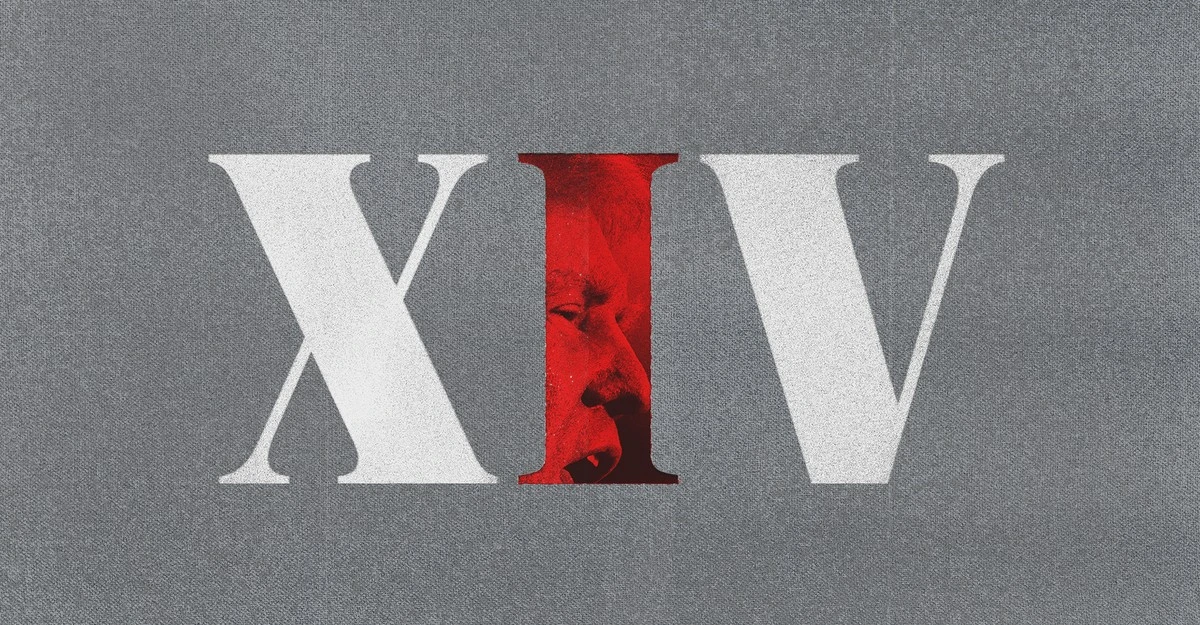As the Colorado Supreme Court wrote, January 6 meets the bar for insurrection “under any viable definition” of the term. The legal scholar Mark Graber, who has closely studied the Fourteenth Amendment’s history, argues that “insurrection” should be understood broadly—an act of organized resistance to government authority motivated by a “public purpose.” That certainly describes the Capitol riot, in which a violent mob attacked law enforcement and threatened members of Congress and the vice president in order to block the rightful counting of the electoral vote and illegally secure the victory of the losing candidate. The historical record also suggests that the amendment’s requirement that a prospective officeholder must have “engaged in insurrection” should also be understood broadly—meaning that Trump’s speech on the Ellipse that morning and his encouragement of the rioters while they smashed their way through the Capitol more than fit the bill.



I suggest that you read up on it a little more. That article 3 is self-executing is not a controversial or extreme opinion and is well within the mainstream of legal scholarship. The SCOTUS may rule that it isn’t, but that’s going to be a tough nut to crack for its three conservative originalists since at its inception article 3 was clearly used to bar all former Confederate officers from holding federal office without the necessity of a trial and conviction.